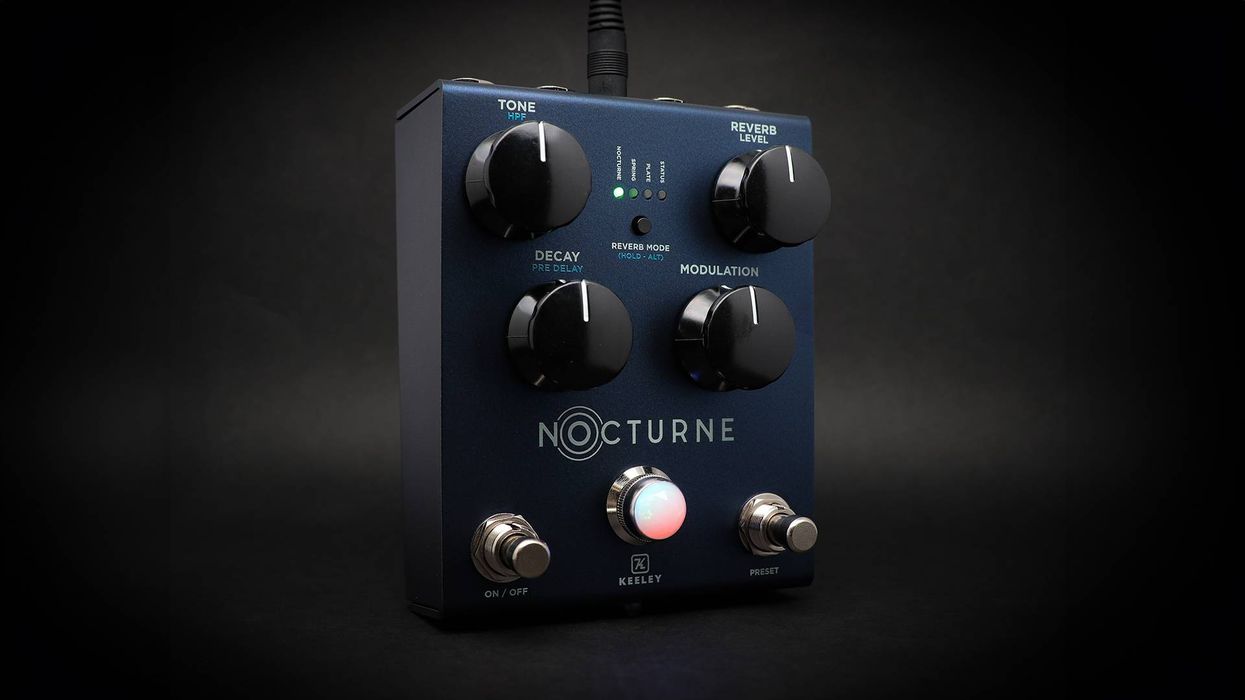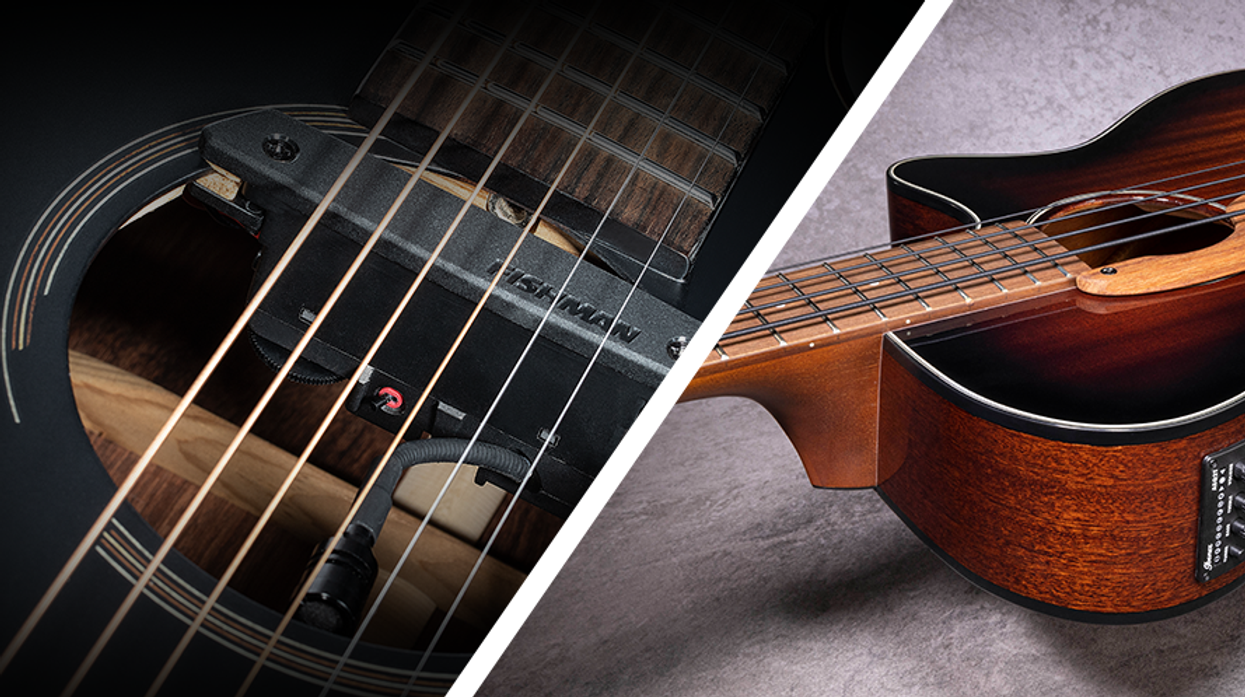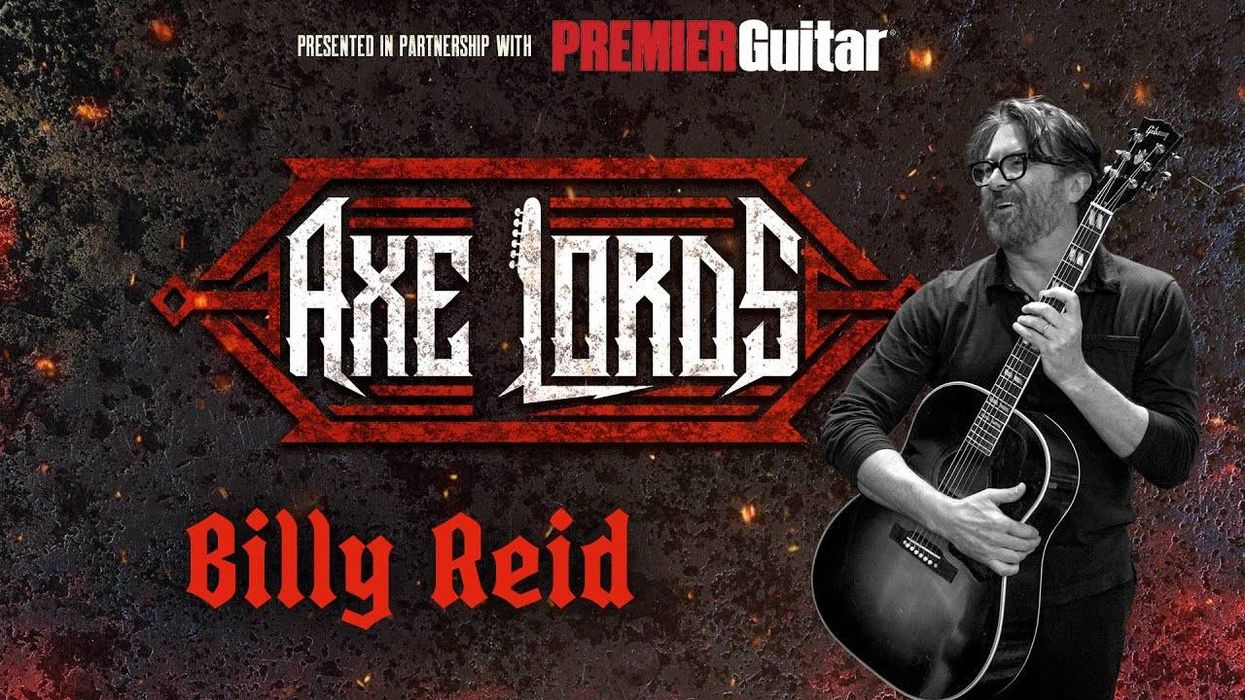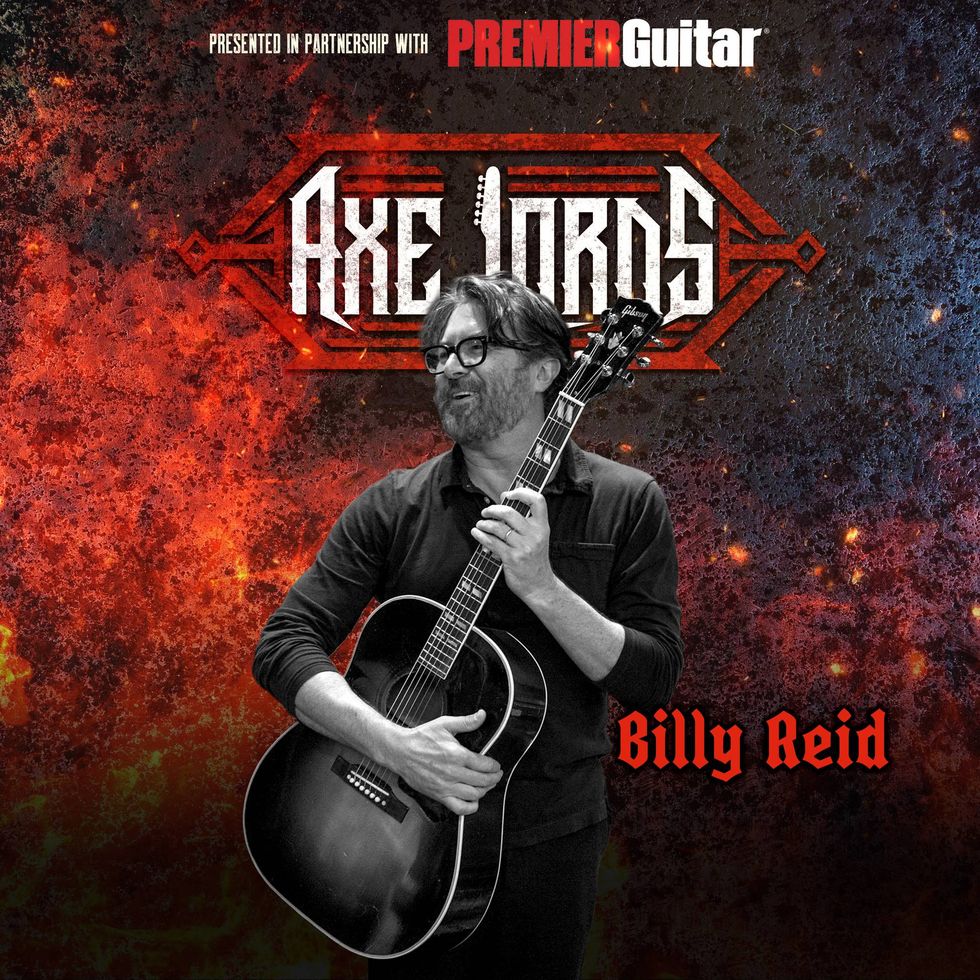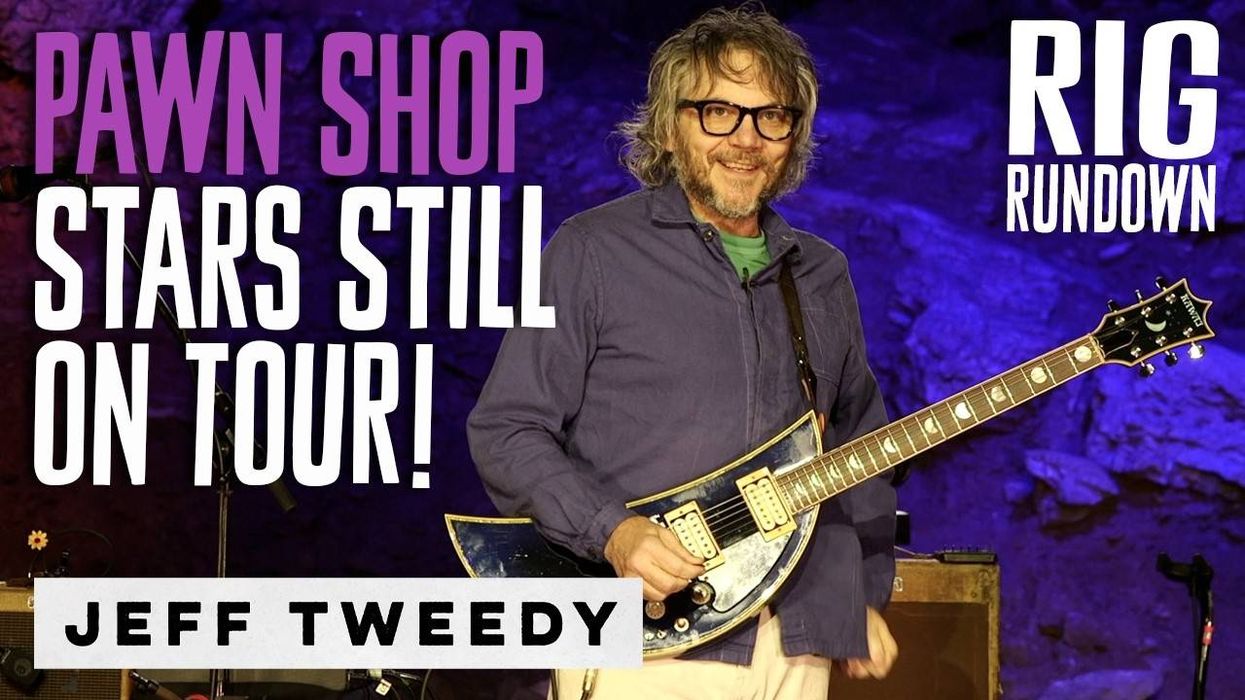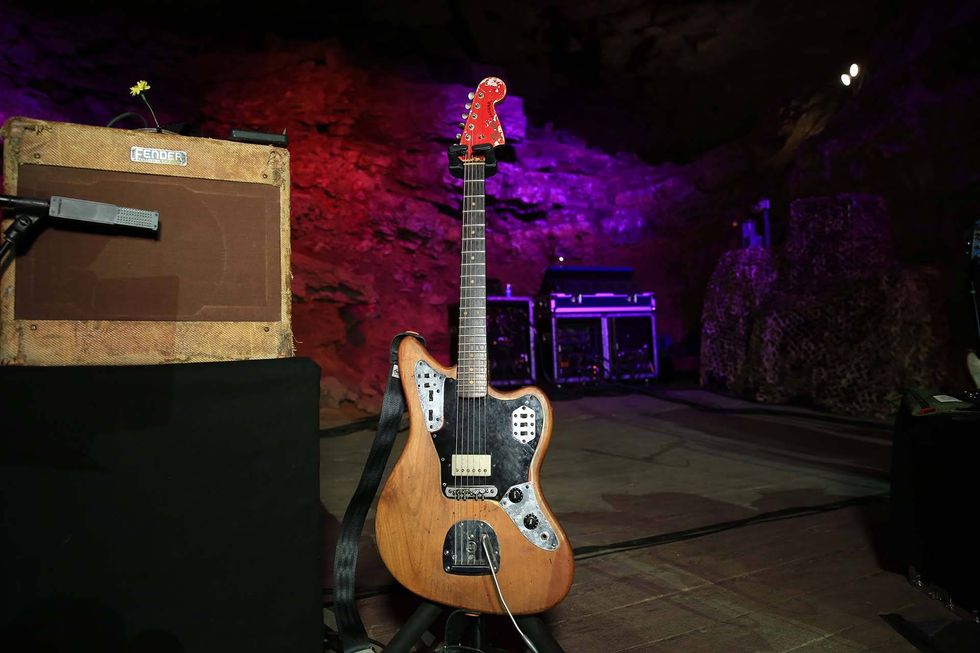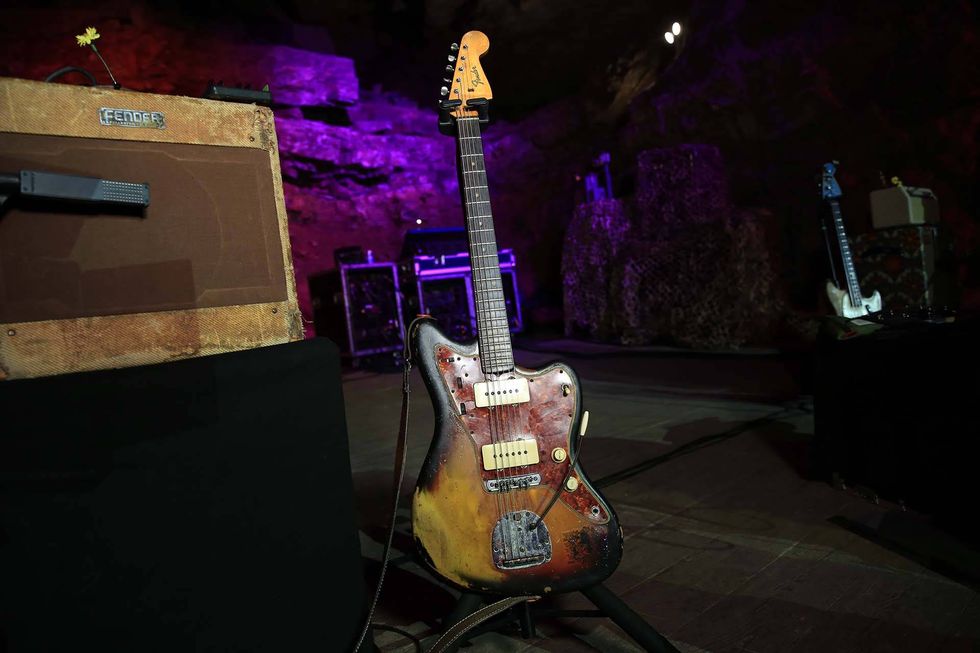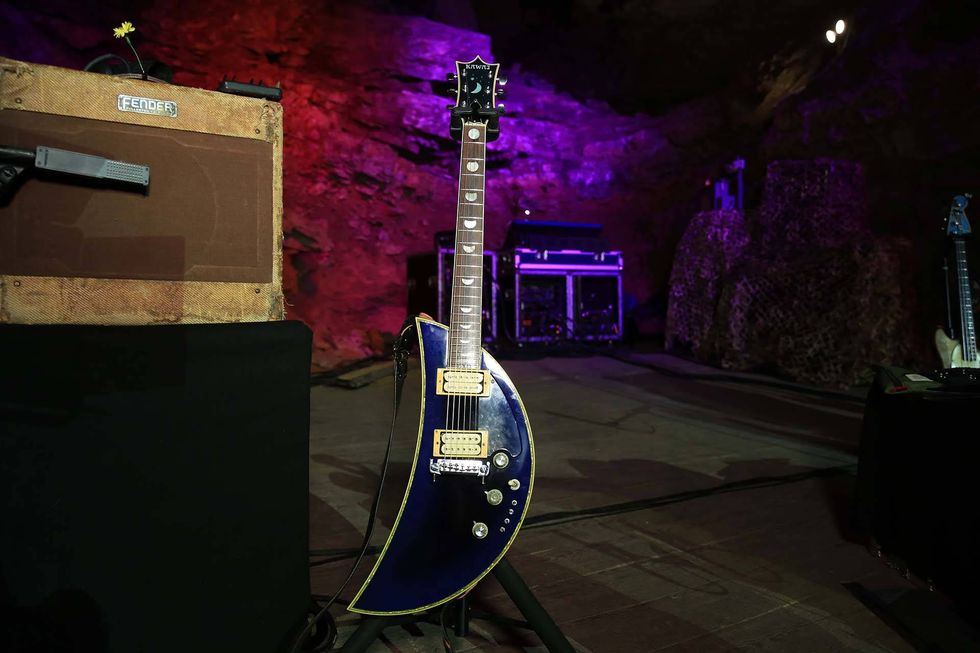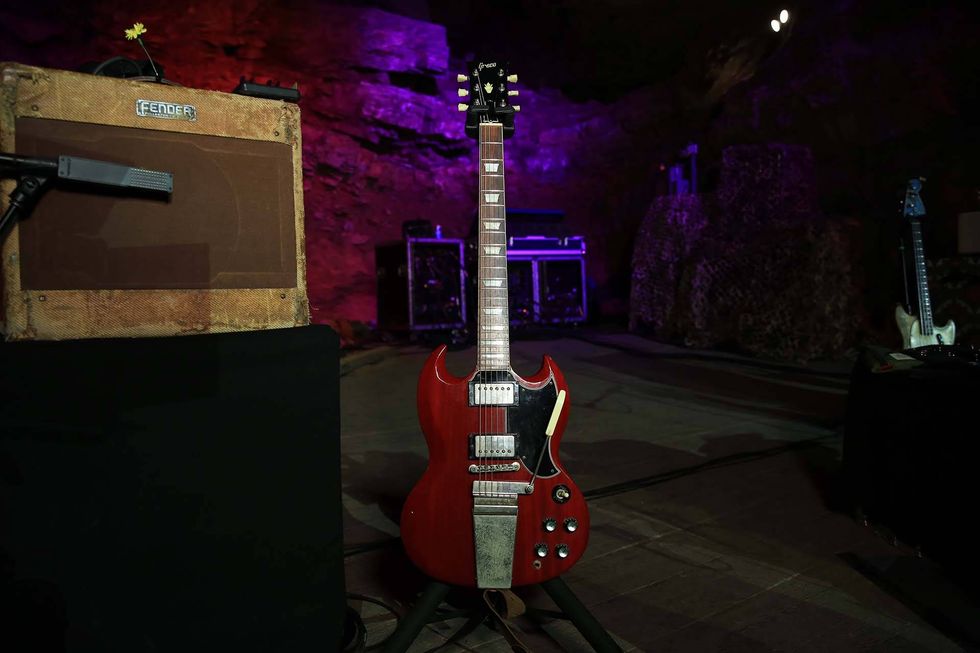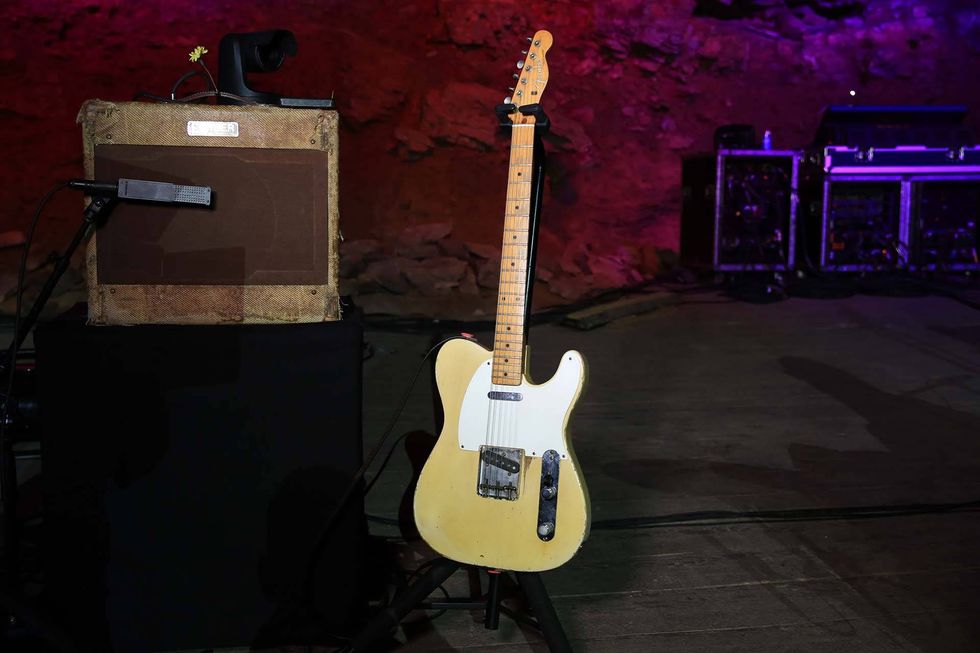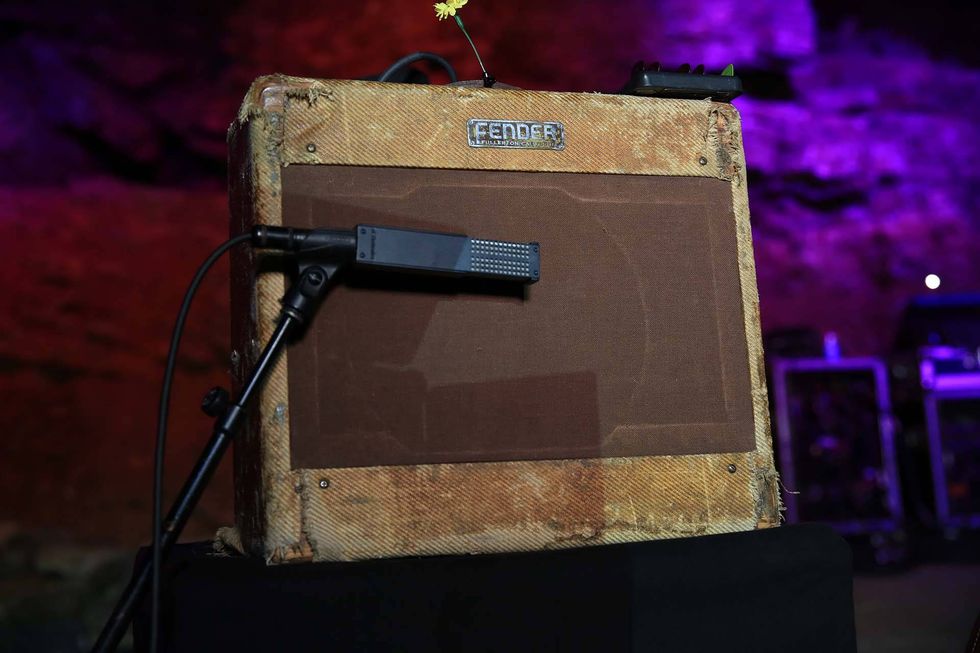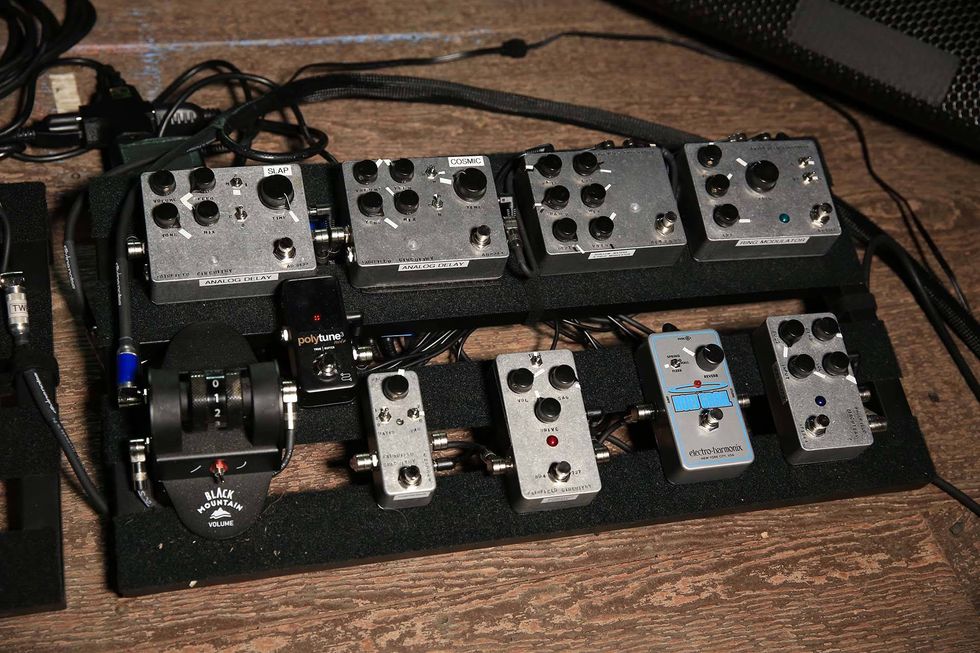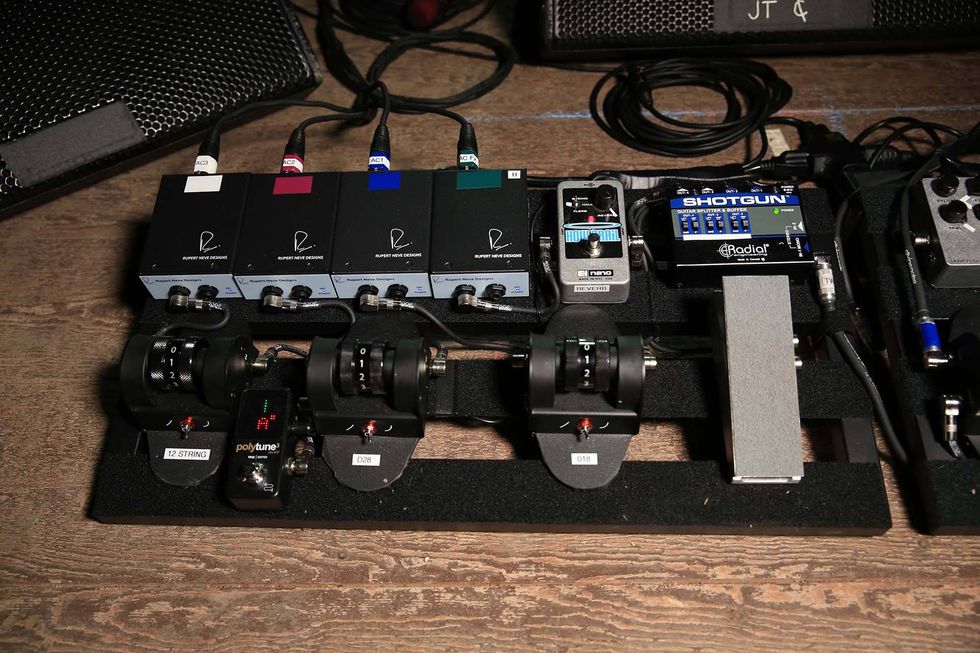Queens of the Stone Age frontman and guitarist Josh Homme performing at the 2013 Lollapalooza festival in Chicago, IL. Photo by Chris Kies.
Admit it: If you’re a serious enough player to be a voracious Premier Guitar reader, there’s a good chance you’re sometimes insufferable to the rest of humanity when it comes to music.
Too many of us can’t listen to anything without ripping apart A) the “awful” guitar playing, B) the fact that guitar isn’t the main attraction (or, god forbid, there isn’t any guitar—the horror!), C) the “god-awful” tones, or D) all of the above.
If you catch yourself using that mental No. 2 pencil to fill in the “all of the above” bubble a lot, your own music might well be insufferable, too—at least if you care about originality and finding your own voice.
Your only hope might be to find a way to tear up that mental checklist and be okay with music that pushes you in new directions, regardless of instrumentation. If that makes you think I’m a pathetic excuse for a guitar nut, then you’re insufferable and you miss the point: Letting your good-guitar-playing checklist go frees your inhibitions and opens your own music to limitless cool possibilities.
This will be a big step for those of you who are ready to crucify me right now. But if you want to give this idea a whirl, maybe try an intermediate step: Go back and listen with new ears to popular bands or guitarists you’ve previously dismissed for any or all of the above reasons. Some of it might still be crap, but if you do it right you might see ways you’ve kind of been a blockhead in the past. I know I have. Here are five “lame” players to start with.
Josh Homme. Longtime fans of Queens of the Stone Age will balk at this one, because Homme’s been a stoner-rock hero for nearly 30 years. But a lot of players say he sucks or is overrated because he doesn’t give a flying cuss about traditional sounds or shredding like a mofo. His voice and guitar tones can take some getting used to, but give “ … Like Clockwork” a listen and you’ll see how he can create a beautifully sad solo even with a buzzy, skwonky, mid-heavy tone.
Thom Yorke. Radiohead is routinely dismissed as pretentious tripe with shite guitar playing by macho guitarists. And if the band does get any 6-string respect, it’s usually for Jonny Greenwood and Ed O’Brien. But Yorke is the band mastermind, and his quirky playing—often on a kind of crappy-sounding nylon-string—is inimitable and off-kilter in a way that’ll school you. Check out 2007’s “Jigsaw Falling Into Place” for proof.
Annie Clark. Clark, aka St. Vincent, has been covered everywhere from Pitchfork to Rolling Stone and NPR for years, so naturally she’s a prime target for cranky guitarists bemoaning the death of “good” playing. And being a Berklee dropout and agent provocateur of compositional and tonal weirdness only seals her pariah status. But put down your shred-o-meter for a sec, open your mind, and check out stuff like “Birth in Reverse,” and you’ll understand why her lovely vocals and busted-synth tones, fuzzy chord stabs, and lo-fi funk hammer-ons have made her a sensation.
Roland Orzabal (and Phil Palmer). Come on, am I really citing the frontman and lo-profile studio guitarist from ’80s New Wave band Tears for Fears? You bet your peg-legged Girbaud jeans I am. It’s unclear who played exactly which guitar parts on TFF’s ’82 debut, but even today songs like “Change” are a master class on humanizing electronic tunes. Its mix of drum machines, eerie synths, real marimba, rock-solid bass guitar, and 6-strings that veer from angular, slapback-treated twangs to a stilted, robotically funky anti-solo are key to the track’s success as an authentic but modern mood piece.



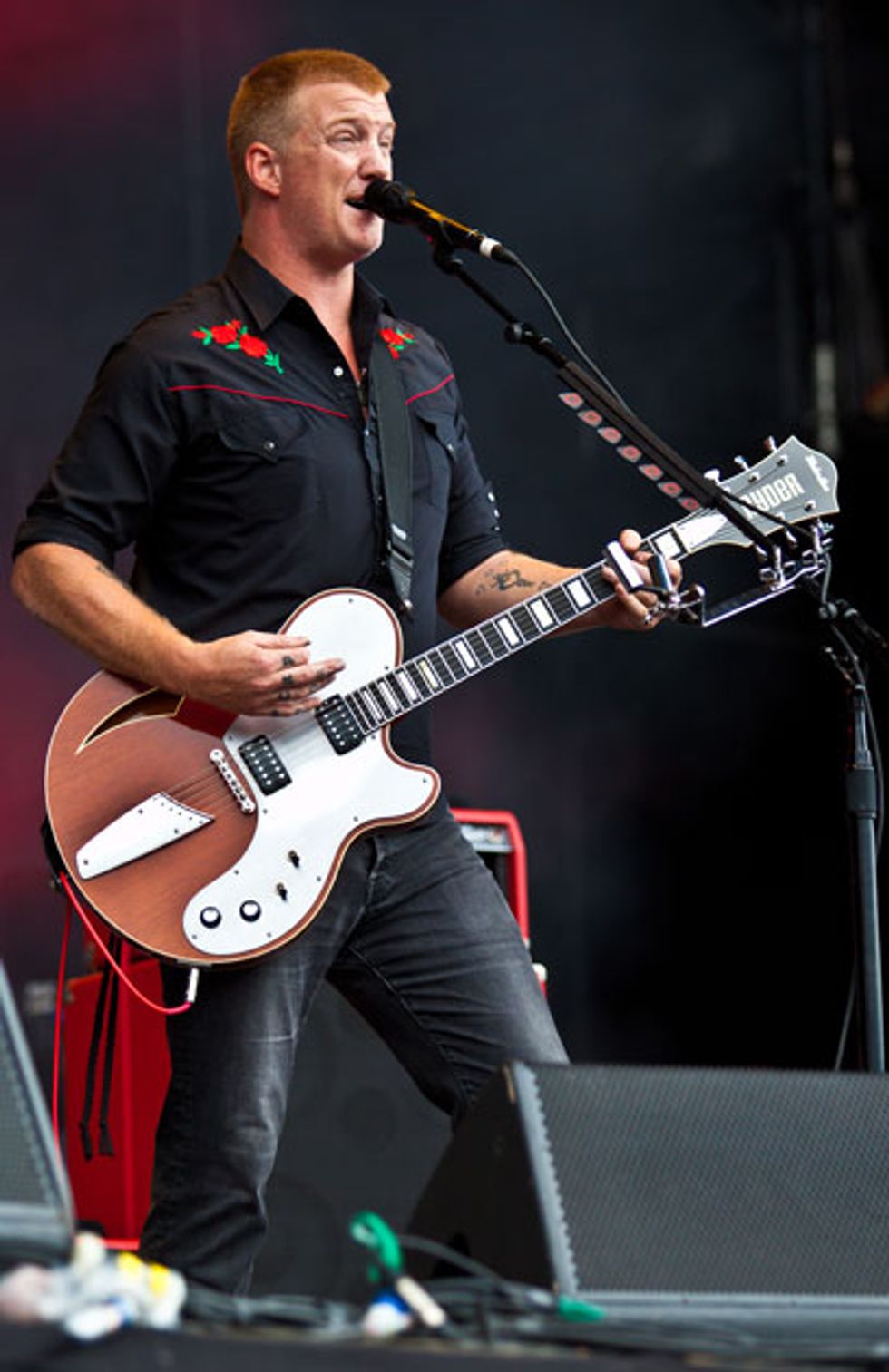
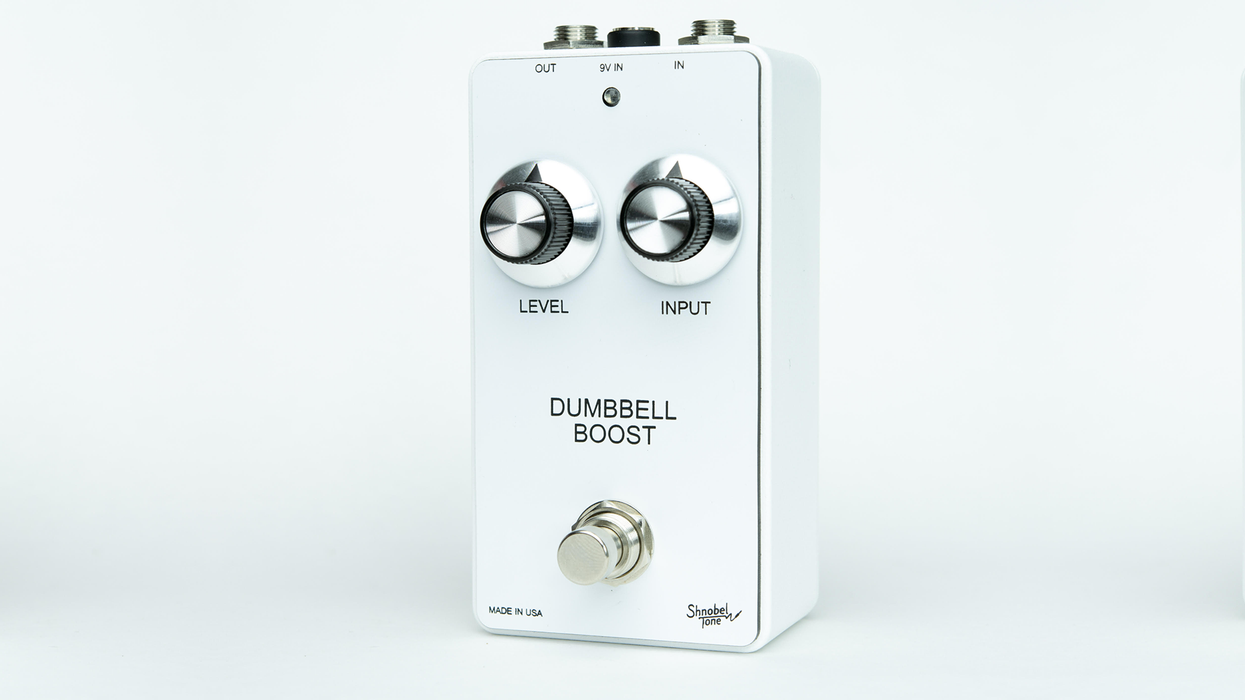
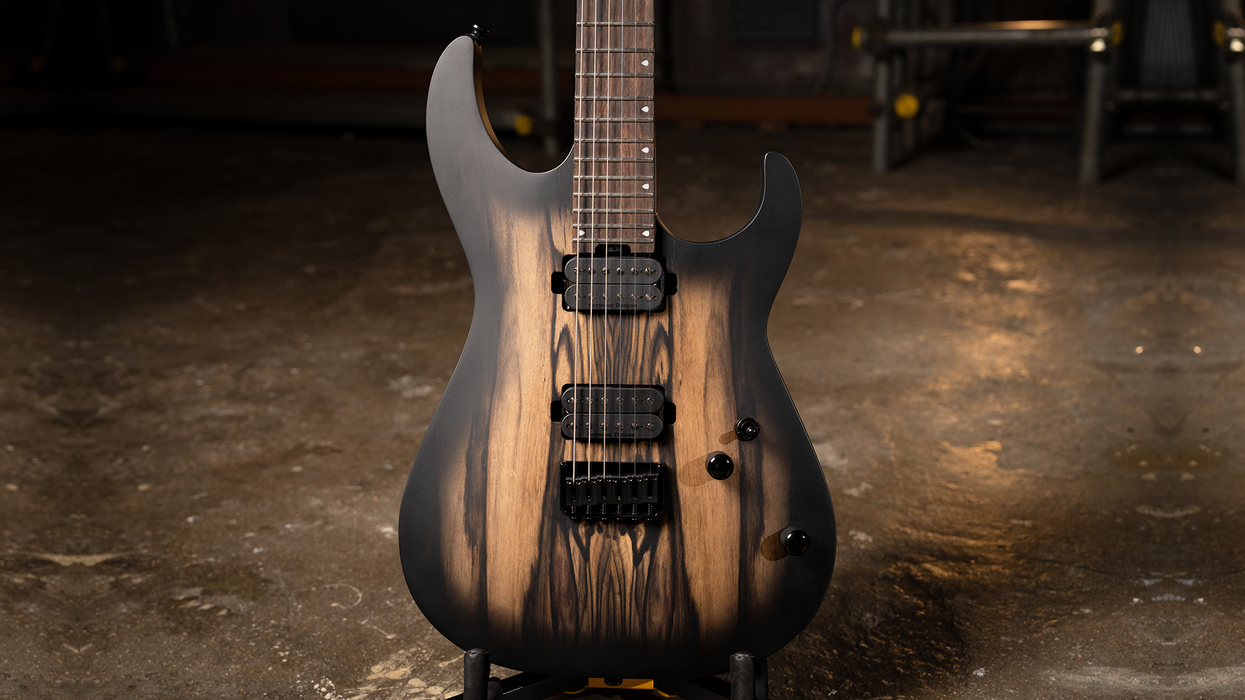
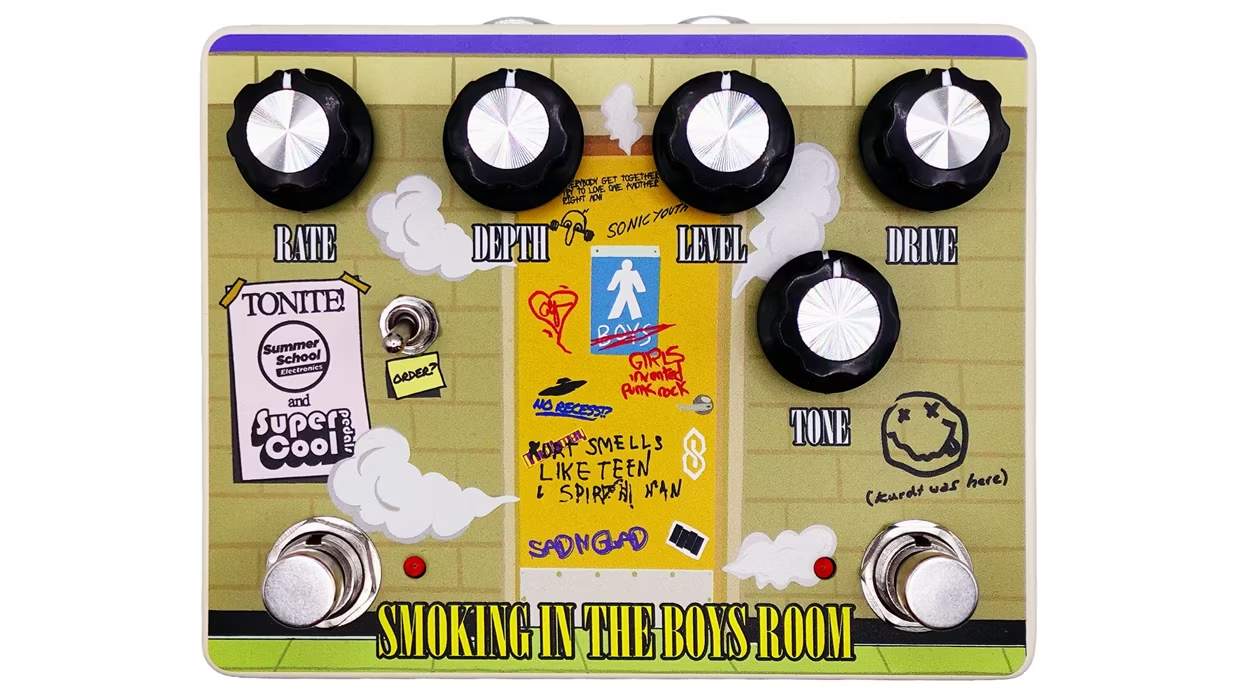



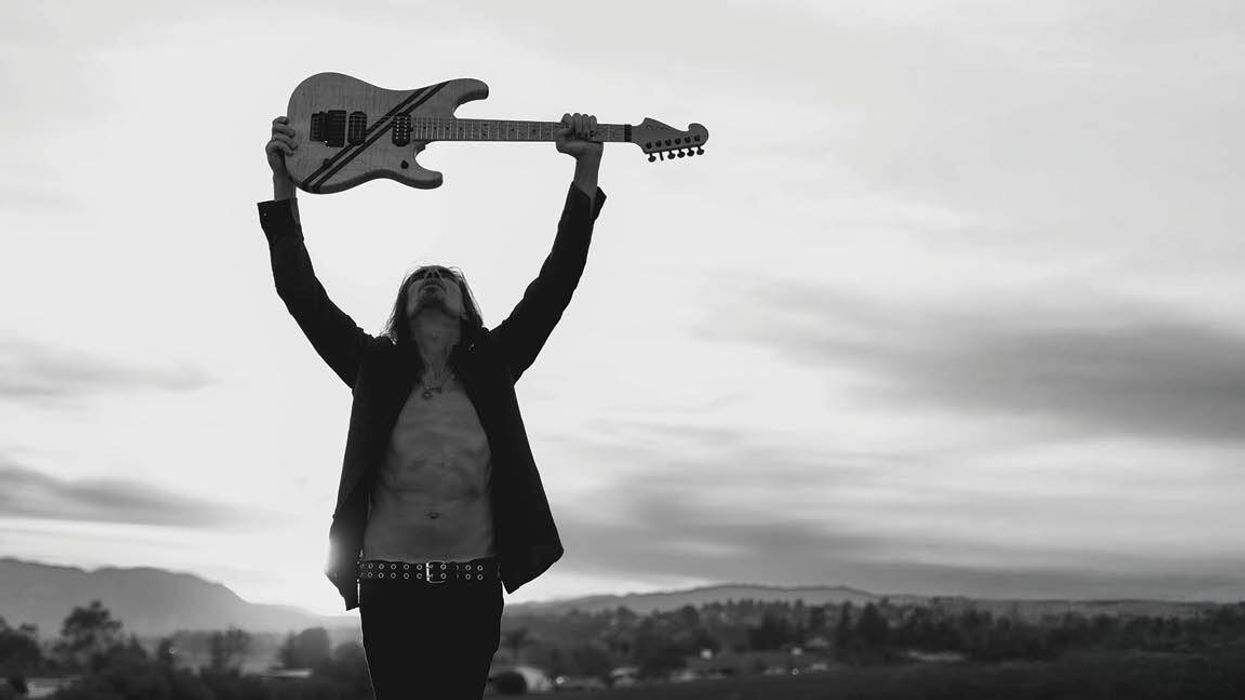
![Rig Rundown: Russian Circles’ Mike Sullivan [2025]](https://www.premierguitar.com/media-library/youtube.jpg?id=62303631&width=1245&height=700&quality=70&coordinates=0%2C0%2C0%2C0)

